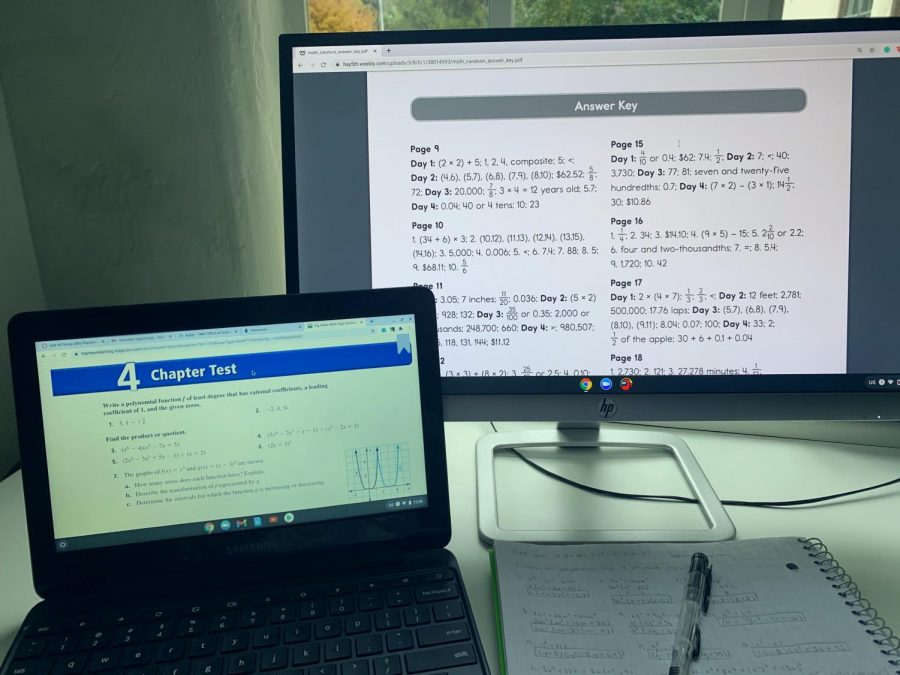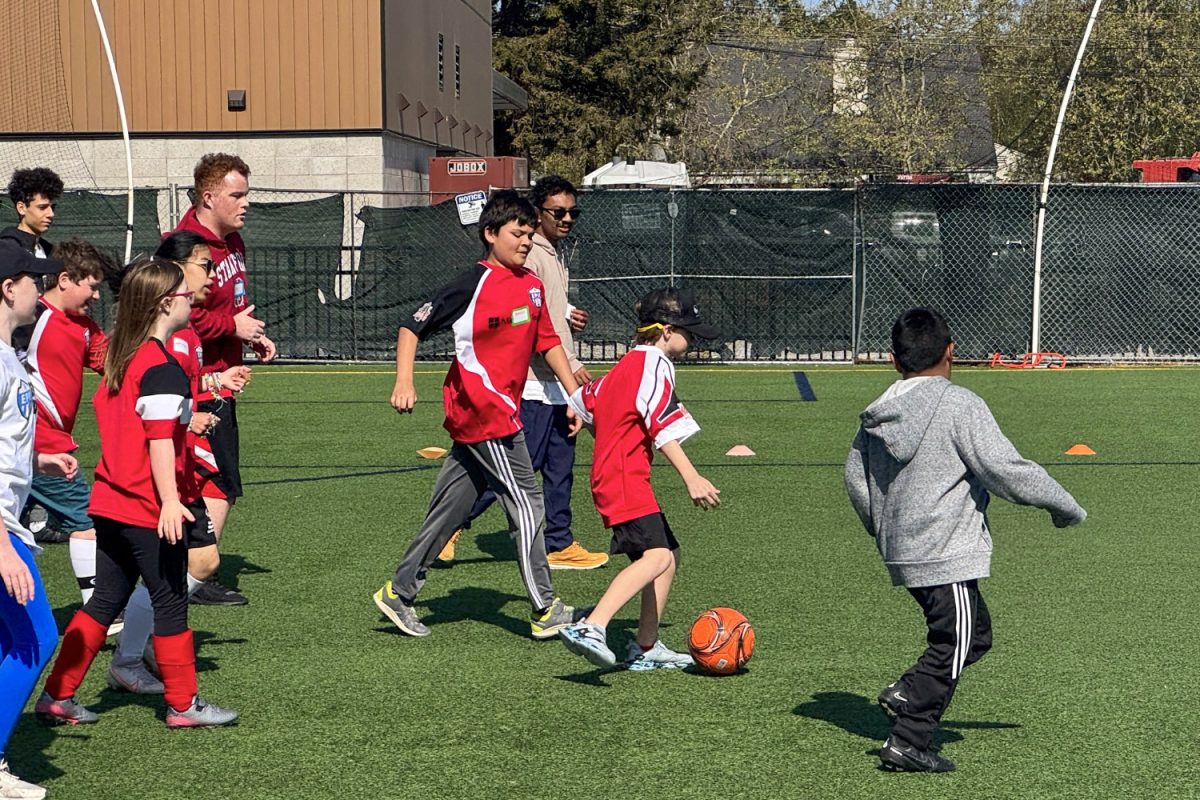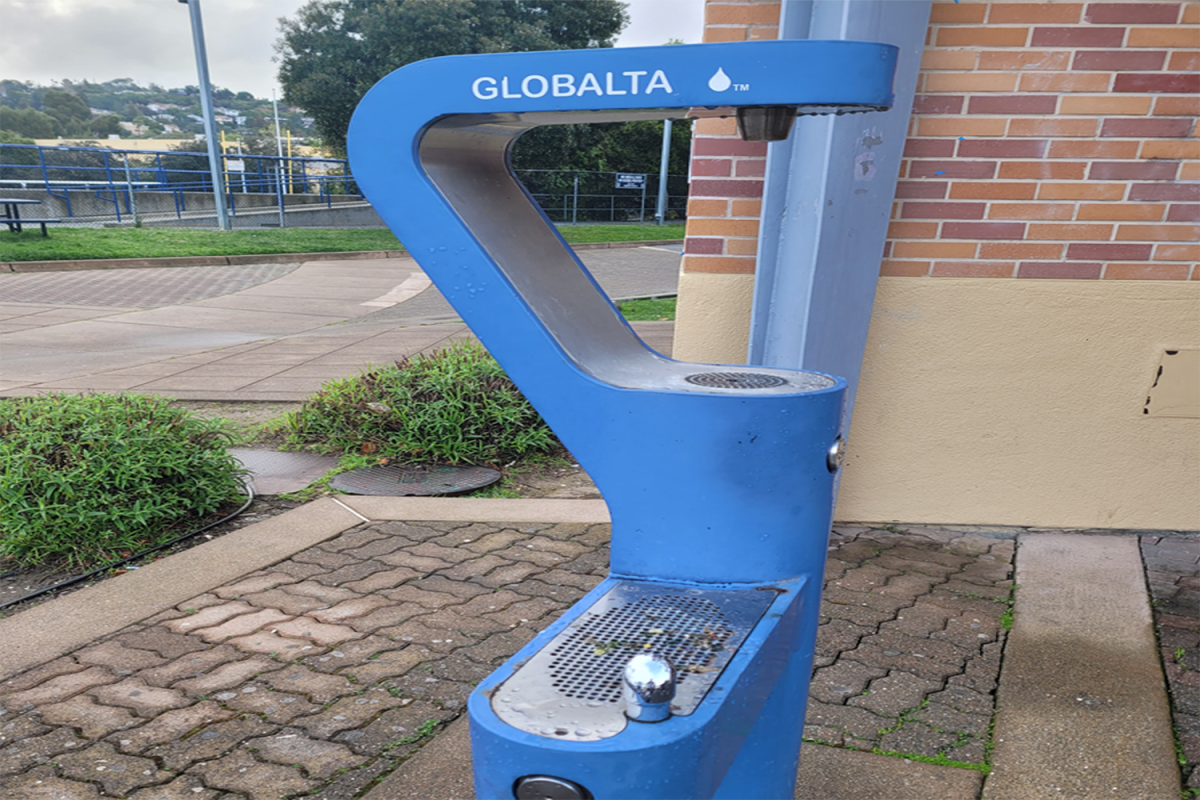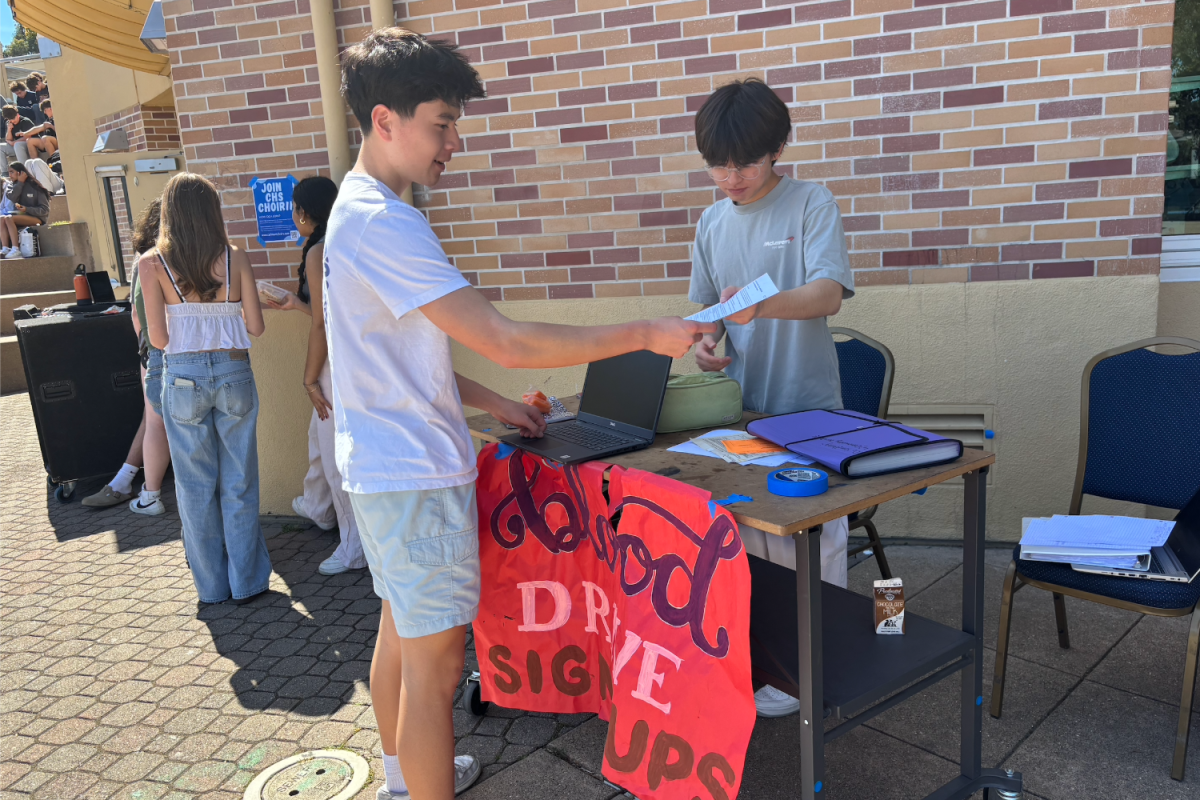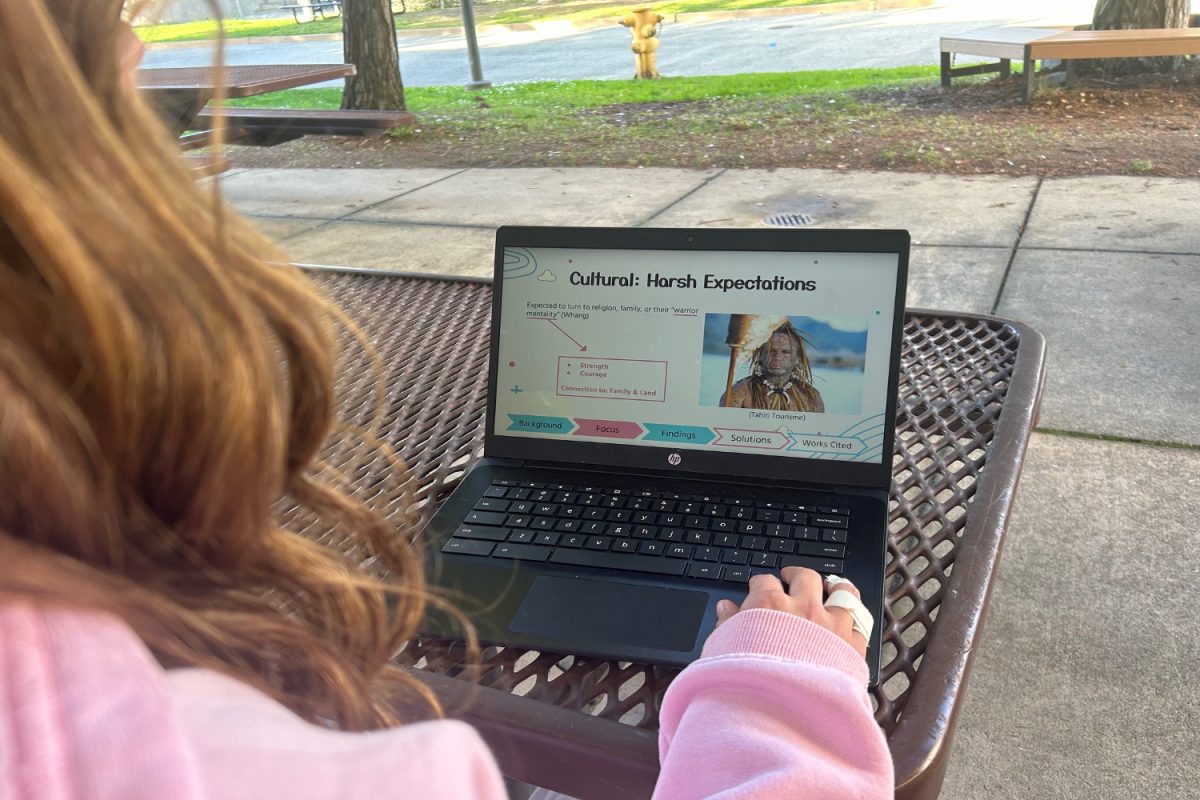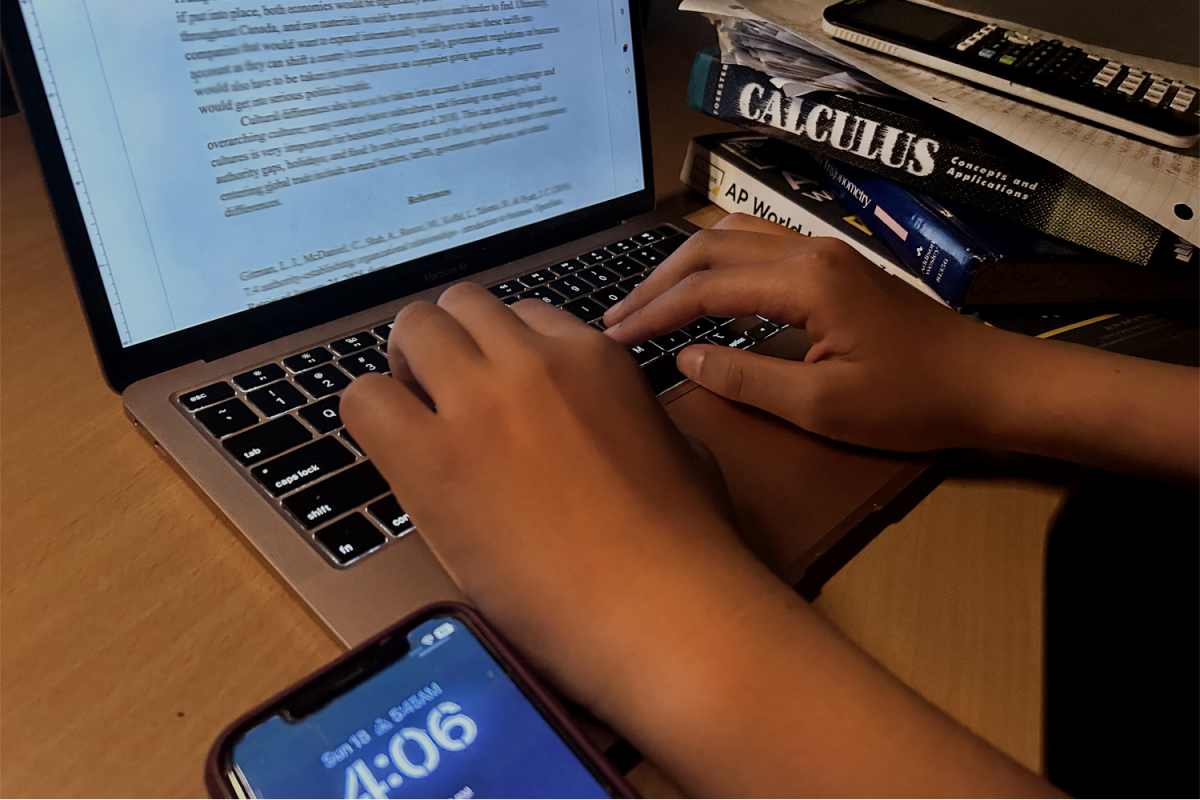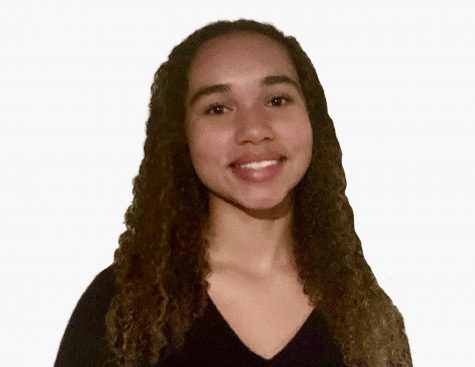With the transition to digital learning, teachers have found new ways to regulate academic honesty and cheating in class.
Online learning makes it significantly easier for students to cheat. Students have constant access to the internet and can find the answer to almost any question or math problem with the click of a button.
“No one is watching you do your work except for yourself. It’s definitely easier [to cheat] since you can just open another tab and search up the answer,” Alex Williams*, a student at Carlmont, said.
Carlmont’s Academic Integrity Policy draws guidelines for academic honesty and explains the consequences of a students’ failure to adhere to these regulations, but it has become difficult for Carlmont administration to enforce this policy in a digital learning environment.
Felix Guzman, a Chemistry teacher at Carlmont, explained how he had to adapt his methods of assessing his students’ learning to prevent cheating.
“I try to stay away from giving tests to my regular chemistry class because not everybody necessarily has the same commitment to doing their absolute best and learning the best they can,” Guzman said. “I have to come up with ideas to assign something else that will take care of the points that would come from tests and quizzes.”
Many teachers have developed innovative ways to give tests while regulating academic honesty.
“I am requiring students to join zoom with two devices: a laptop and a cellphone,” Guzman said. “Their laptop camera allows me to see them face-to-face, and the cellphone is on the side, pointing in a direction that allows me to see what they are doing with their hands.”
Other teachers have modified their assessments or used programs that can help manage academic integrity.
“Some of my teachers have stopped doing multiple-choice tests to decrease the chance of students cheating, and some used a program called Turnitin to ensure no plagiarizing and copying is done,” Nicole Kopelev, a sophomore at Carlmont, said.
Although several actions have been taken to prevent cheating, teachers’ control is limited.
“My teachers strongly enforce the Academic Integrity Policy as always, but I think they know that cheating during distance learning is out of their hands because they can’t really catch someone cheating as easily as they could back in a sit-down class,” Williams said.
Additionally, with resources such as Photomath, Socratic, and Brainly, it is easier than ever for students to take shortcuts on class assignments and skip out on learning. Students don’t feel as obligated to pay close attention in class and learn the material.
“It’s easier in person. You can tell when someone is paying attention,” Guzman said. “More things can happen when you do the teaching online. Some students have their camera off almost all the time. You just have to trust people better, but you have to be more proactive in checking whether they are with you or not.”
In the end, a teacher’s main priority is to teach their students and prepare them enough so that students don’t feel the need to cheat.
“The students we have at Carlmont want to learn,” Guzman said. “If you prepare them and challenge them a little bit, then they will at least they will try.”
*This name has been changed to protect the anonymity of the source, in accordance with Carlmont Media’s anonymous sourcing policy.

